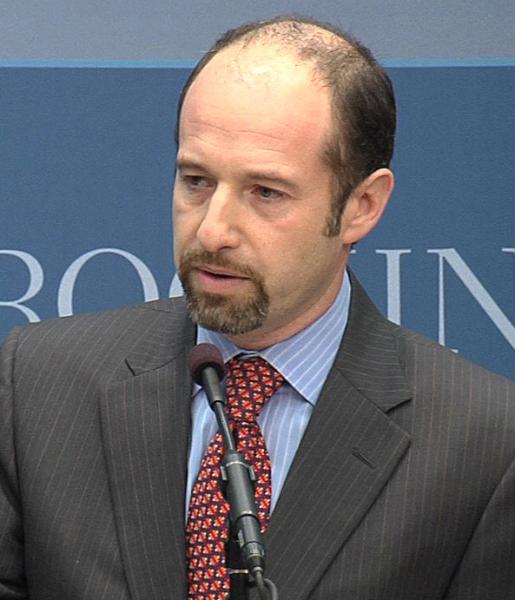Public Policy group warns FCC against limiting buyers of spectrum too much
In a new report the Progressive Policy Institute, a public policy think tank, warned the FCC not to put limitations on the buyers of spectrum in the upcoming broadcast spectrum auctions. The group said its mission is to “advance progressive, market friendly ideas that promote American innovation, economic growth and wider opportunity.”
Instead, the PPI proposes that the FCC conduct a post-auction review of spectrum holdings to determine whether divestiture is needed to preserve competition — something the commission has successfully done in the past.
This “ex-poste” approach, said the report, would allow auction participants to engage in the upcoming incentive auction on equal terms and would maximize revenues by requiring winning bidders to pay the full market price for new spectrum.
The authors of the PPI report are David Balto, an anti-trust attorney and former policy director of the Federal Trade Commission, and Hal Singer, a managing director at Navigant Economics and a PPI Senior Fellow.

The FCC is contemplating auction rules that would effectively set aside blocks of spectrum for smaller wireless carriers at discounted prices while limiting the amount of spectrum that could be acquired by their larger competitors. The purpose of such bidding restrictions is to promote wireless competition.
However, in the new whitepaper, entitled “The FCC’s Incentive Auction: Getting Spectrum Policy Right,”the PPI argues against “putting a regulatory thumb on the scales.”
Noting recent subscriber gains by Sprint and T-Mobile and MetroPCS, Balto and Singer said that smaller carriers are holding their own against larger providers, despite having little of the low-frequency spectrum now controlled by broadcasters.
The professional video industry's #1 source for news, trends and product and tech information. Sign up below.
“If access to low-frequency spectrum were essential ... then AT&T and Verizon would be running away with the wireless prize,” they wrote. “In fact, U.S. wireless concentration as measured by the FCC has held steady since 2008.” Applying the FCC’s own “impairment standard,” they conclude that low-band spectrum is not a “must have input” without which the smaller providers can’t compete.
The bidding restrictions under consideration, wrote Balto and Singer, reflects an outdated division of the broadband market into wired and wireless silos. In fact, wireless is increasingly going head-to-head with wireline services such as cable modems and DSL.
Cisco IBSG said up to 15 percent of consumers could rely exclusively on wireless for broadband service by 2016, and Samsung recently predicted that wireless would overtake wired broadband by 2020.
